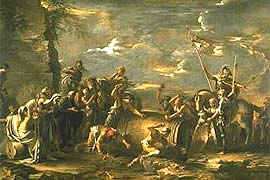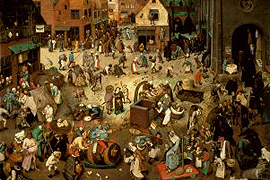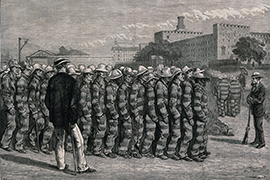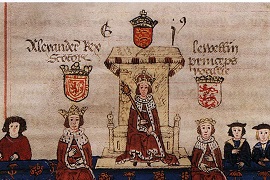Special issue - Empire and Education
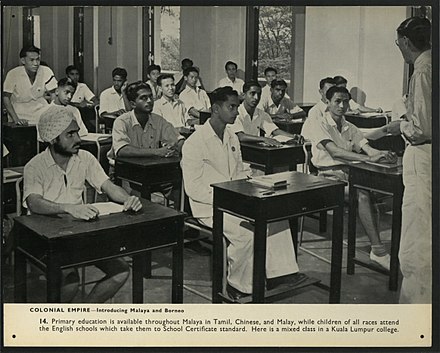
This special issue has been curated by Sandip Kana, RHS Marshall Fellow 2020-21 at the Institute of Historical Research. This special issue provides a select overview of historical research on the relationship between education and empire in a global context. The included works cover a broad range of themes and offer a challenging perspective on the development of educational ideals, structures, and institutions across a wide range of geographies and time periods. Education is not an area of historical enquiry that has received as much attention as it should. These works offer an insight into the fundamental importance of the role of education within imperial structures of power and how education was used to further, strengthen, and consolidate imperial sovereignty. The works listed here also offer an alternative picture of educational development, one that focuses on the agency of local indigenous actors and communities that worked outside the formal state structures. In the absence of the state in furthering local forms of education, for children and women, we can see how local communities forged networks to establish their own educational institutions. In many instances this formed part of larger anti-colonial movements and youth movements that manifested as direct challenges to state authority. Thus, they revealed the anxieties and fears that underpinned state power and colonial knowledge. Collectively, these 11 works offer an insight into the importance of the relationship between education and empire and touch upon its legacies in the era of decolonisation at the end of empire.
Irish Migrants in New Zealand, 1840–1937: ‘The Desired Haven’ / Angela McCarthy
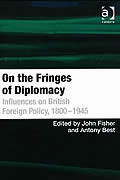
Review Date: 01 March 2006
Angela McCarthy has written a useful book about Irish emigration to New Zealand, based upon 253 letters that passed between the two countries over a period just short of a century. This review discusses the author's methodology and findings through the perspective of two analytical tools, Alice's Letters and Shanacoole Exceptionalism.

